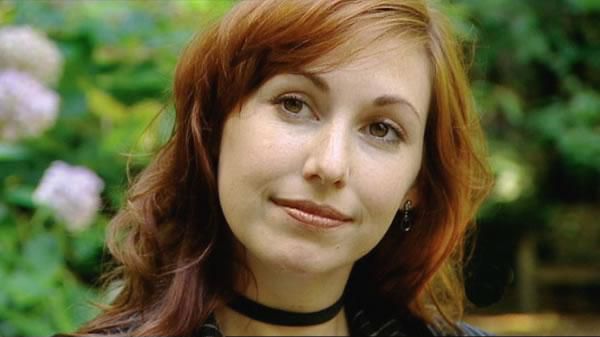
Kari Byron
Kari Byron is best known as being co-host of Mythbusters and the host of Head Rush.

Kari Byron is best known as being co-host of Mythbusters and the host of Head Rush.
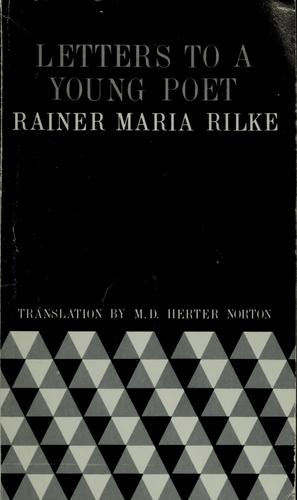
[via Twitter]
Letters written over a period of several years on the vocation of writing by a poet whose greatest work was still to come.
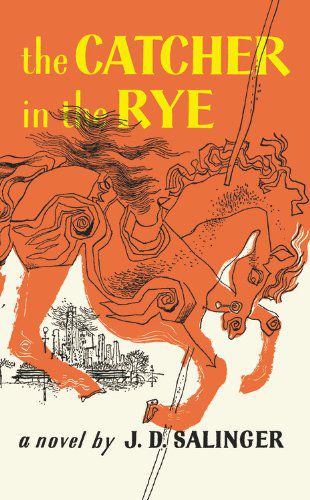
[via Twitter]
Also recommended by: Woody Allen, Chris D'Elia, John Leguizamo, Gwyneth Paltrow, Emma Watson
The Catcher in the Rye 1951 novel J. D. Salinger. A controversial novel originally published for adults, it has since become popular with adolescent readers for its themes of teenage angst and alienation. It has been translated into almost all of the world's major languages. Around 250,000 copies are sold each year with total sales of more than 65 million books. The novel's protagonist Holden Caulfield has become an icon for teenage rebellion. The novel also deals with complex issues of identity, belonging, loss, connection, and alienation. The novel was included on Time 's 2005 list of the 100 best English-language novels written since 1923, and it was named by Modern Library and its readers as one of the 100 best English-language novels of the 20th century. In 2003, it was listed at #15 on the BBC's survey The Big Read.
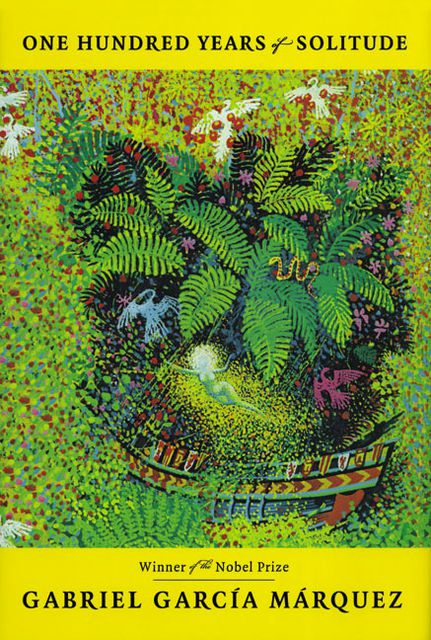
[via Twitter]
Also recommended by: Tom Papa, Adam Savage, Tory Burch, Emma Watson
One of the world's most famous novels, One Hundred Years of Solitude by Gabriel Garcia Marquez, winner of the Nobel Prize for Literature, blends the natural with the supernatural in on one of the most magical reading experiences on earth. 'Many years later, as he faced the firing squad, Colonel Aureliano Buendia was to remember that distant afternoon when his father took him to discover ice' Gabriel Garcia Marquez's great masterpiece is the story of seven generations of the Buendia family and of Macondo, the town they have built. Though little more than a settlement surrounded by mountains, Macondo has its wars and disasters, even its wonders and its miracles. A microcosm of Columbian life, its secrets lie hidden, encoded in a book, and only Aureliano Buendia can fathom its mysteries and reveal its shrouded destiny. Blending political reality with magic realism, fantasy and comic invention, One Hundred Years of Solitude is one of the most daringly original works of the twentieth century. 'Dazzling' The New York Times As one of the pioneers of magic realism and perhaps the most prominent voice of Latin American literature, Gabriel Garcia Marquez has received international recognition for his novels, works of non-fiction and collections of short stories. Those published in translation by Penguin include Autumn of the Patriarch, Bon Voyage Mr.President, Collected Stories, Chronicle of a Death Foretold, The General in his Labyrinth, Innocent Erendira and Other Stories, In the Evil Hour, Leaf Storm, Living to Tell the Tale, Love in the Time of Cholera, Memories of My Melancholy Whores, News of a Kidnapping, No-one Writes to the Colonel, Of Love and Other Demons, The Story of a Shipwrecked Sailor and Strange Pilgrims.
[via Twitter]
A city is hit by an epidemic of "white blindness" which spares no one. Authorities confine the blind to an empty mental hospital, but there the criminal element holds everyone captive, stealing food rations and raping women. There is one eyewitness to this nightmare who guides seven strangersamong them a boy with no mother, a girl with dark glasses, a dog of tearsthrough the barren streets, and the procession becomes as uncanny as the surroundings are harrowing. A magnificent parable of loss and disorientation and a vivid evocation of the horrors of the twentieth century, Blindness has swept the reading public with its powerful portrayal of man's worst appetites and weaknesses-and man's ultimately exhilarating spirit. The stunningly powerful novel of man's will to survive against all odds, by the winner of the 1998 Nobel Prize for Literature
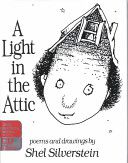
[via Twitter]
Last night while I lay thinking here Some Whatifs crawled inside my ear And pranced and partied all night long And sang their same old Whatif song: Whatif I flunk that test? Whatif green hair grows on my chest? Whatif nobody likes me? Whatif a bolt of lightning strikes me?... To celebrate its 20th anniversary, Shel Silverstein's A Light in the Attic is now available in a special edition containing the classic hardcover book and a CD of highlights from his Grammy Award-winning album. Here in the attic of Shel Silverstein you will find Backward Bill, Sour Face Ann, the Meehoo with an Exactlywatt, and the Polar Bear in the Frigidaire. You will talk with Broiled Face, and find out what happens when Somebody steals your knees, you get caught by the Quick-Digesting Gink, a Mountain snores, and They Put a Brassiere on the Camel. From the creator of the beloved poetry collections Where the Sidewalk Ends and Falling Up, here is another wondrous book of poems and drawings.
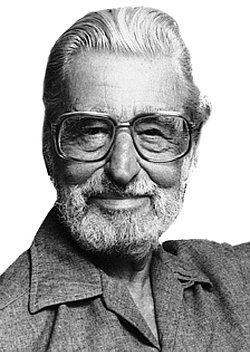
[via Twitter]
Brilliant, playful, and always respectful of children, Dr. Seuss charmed his way into the consciousness of four generations of youngsters and parents. In the process, he helped millions of kids learn to read. Dr. Seuss was born Theodor Geisel in Springfield, Massachusetts, on March 2, 1904. After graduating from Dartmouth College in 1925, he went to Oxford University, intending to acquire a doctorate in literature. At Oxford, Geisel met Helen Palmer, whom he wed in 1927. Upon his return to America later that year, Geisel published cartoons and humorous articles for Judge, the leading humor magazine in America at that time. His cartoons also appeared in major magazines such as Life, Vanity Fair, and Liberty. Geisel gained national exposure when he won an advertising contract for an insecticide called Flit. He coined the phrase, "Quick, Henry, the Flit!" which became a popular expression.